The Ultimate Guide to Solo Camping
Stepping into nature alone, equipped with nothing but necessary supplies, the right skills, and one’s instinct, solo camping offers an extraordinary adventure waiting to unfold. It is an experience filled with tranquility, self-discovery, and the opportunity to connect with nature in its truest sense. But it also presents its unique sets of challenges and risks. For the uninitiated, the prospect may seem daunting, yet with the right planning, preparation, essential skills, and focus on mental and physical well-being, one can transcend these fears and uncertainties to relish in the unparalleled beauty and experience that solo camping affords. This democratic exploration of solo camping delves into these facets, paving the way for a safer, more fulfilling, and memorable odyssey into the wild.
Planning and Preparation for Solo Camping
Choosing the Right Camping Site
Solo camping begins with selecting the right site. Favor sites that are adequately spaced from other campers, but within reach of a ranger station or populated area for safety. The camping site should be on firm, level ground free from potential hazards like falling tree branches or water sources that could flood. Be mindful of local wildlife and their feeding or breeding areas. Always follow the “Leave No Trace” principles by camping on durable surfaces and maintaining noise control.
Online tools such as The Dyrt and Campendium are amazing ways to search for and identify ideal camping locations for your next trip.
Understanding the Weather Forecast
When camping alone, the weather can either make or break your trip. Use reliable meteorological sources to understand the weather forecast of your selected camping area for the days you will be camping. Be aware not just of temperatures, but also of expected precipitation, wind, and potential for severe weather events. This understanding can guide your preparation, from your route plan to your packing list.
Planning Your Route
A good rule of thumb is to plan your route well, regardless of how familiar the area might be. Key factors to consider when planning include difficulty level, distance, changes in altitude, and key landmarks. Plan to take rest stops at regular intervals, and mark your route on a physical map as a backup to electronic devices. Tell someone about your detailed plan and expected return time, especially when camping alone.
Packing the Right Gear, Clothing, and Food
Packing for a solo trip is different than for a group camping trip. Weight and efficiency become crucial. For gear, pack a reliable tent, sleeping bag, cooking equipment, and safety gear. Think lightweight and multipurpose. Always bring clothing suitable for the worst weather; include layers for cold nights, rain gear, and comfortable hiking boots. Food needs to be high-energy, lightweight, and easy to prepare. Hydration is crucial, so always have a means to purify water.
Many of the tips found in our Beginner’s Guide to Camping can also be super helpful when planning a solo camping trip.
Possible Risks and How to Mitigate Them
Solo camping does bring its share of risks. The most common ones include getting lost, illnesses or injuries and encounters with wildlife. To mitigate these risks, always carry a compass or GPS, an extensive first-aid kit with personal medications, and take precautions against animals by storing food properly and maintaining a safe distance.
Preparing for Possible Emergencies
Going solo camping might lead to unpredictable emergencies, hence, equipping oneself is of utmost importance. Pack essentials like a whistle for signaling distress, a reliable firestarter for creating warmth, and a flashlight for navigation. An effective means of communication such as a satellite phone or a personal locator beacon can be a true asset when one is camping alone. A crucial step to ensure safety is to share a precise plan of your outdoor journey with someone close. This way, they can engage the authorities if you don’t return as scheduled. Moreover, being well-versed in first-aid basics and survival skills, such as how to build a shelter or kindle a fire, can significantly enhance your preparedness for any unexpected situation.
Looking for tips on how to be more prepared for wilderness emergencies? Check out our Essential Tips for Surviving in the Wilderness.
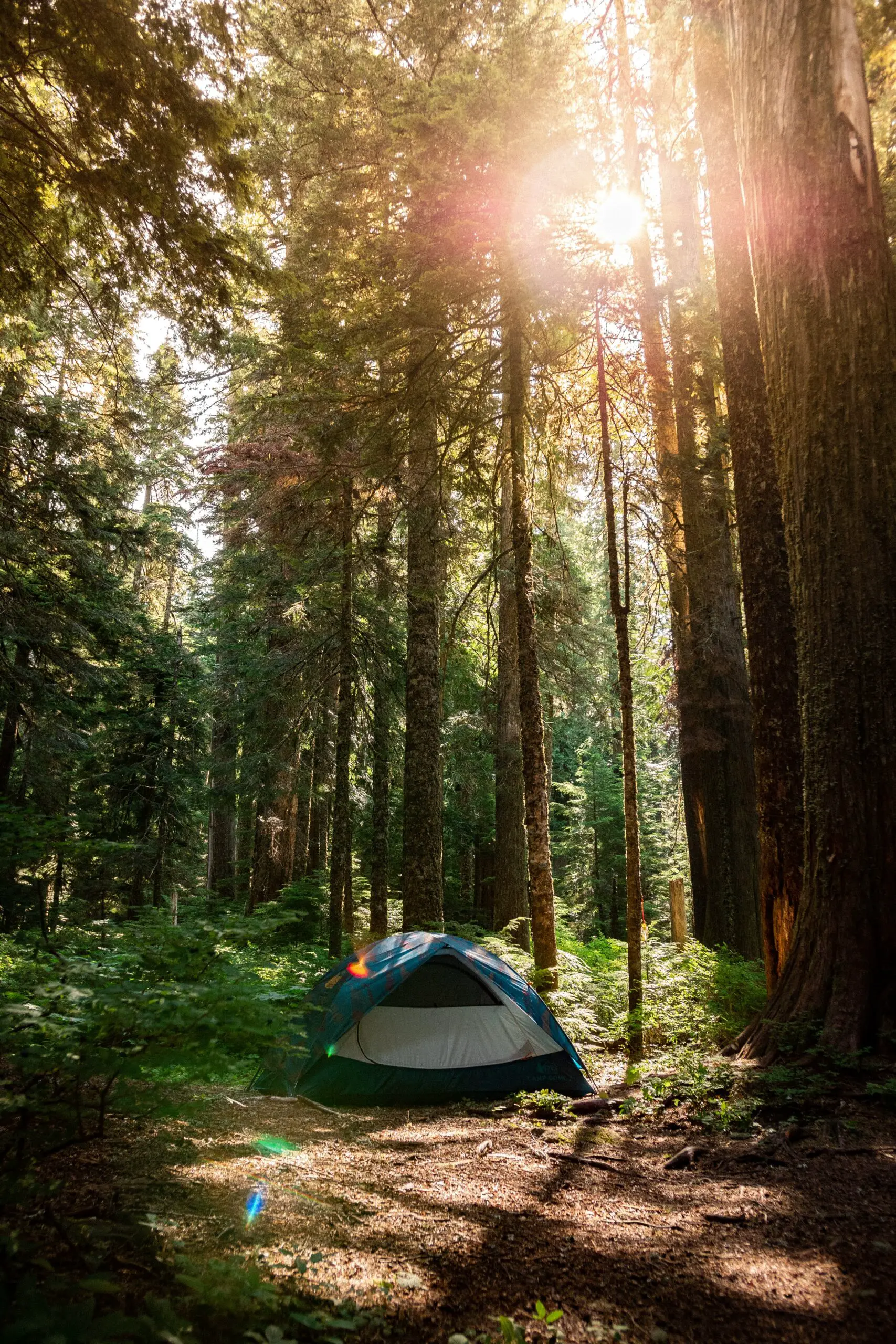
Essential Skills for Solo Camping
Essential Camping Skill: Erecting a Tent
Mastering the art of setting up a tent is another vital skill in the toolkit of any solo camper. One should be clear on the fundamentals of maintaining the tent’s structure, how to ensure sufficient ventilation and the methods of safeguarding it from harsh weather. Correctly anchoring your tent is particularly significant in blustery conditions. Another important aspect of camping involves the careful selection of a suitable tent site. Choose a spot free from rocks, roots, and standing water to ensure comfort and safety.
Essential Skill Two: Starting a Fire
Properly building and starting a fire is not only essential for cooking and keeping warm, but can also serve as a morale booster and a focal point for your camp. Gathering dry, dead branches and leaves for tinder, using small sticks as kindling, and the eventual addition of larger logs to sustain the fire are critical skills to cultivate. Fire safety is of utmost importance too; make sure the fire is entirely out before leaving it unattended.
Essential Skill Three: Cooking with Camping Equipment
When it comes to cooking on a camp stove or over an open fire, there are several techniques that can improve your outdoor dining experience. Skills like properly lighting and regulating the heat of your stove, efficient fuel usage, maintaining clean cookware, and storing food securely to avoid attracting wildlife, all contribute to a successful camping trip.
Essential Skill Four: Navigating Using a Compass or Map
Navigational skills are crucial for any kind of outdoor adventure, but when solo camping they become even more essential. Familiarity with topographic maps, and understanding how to use a compass can make the difference between getting lost or staying on track. Knowledge of natural navigation techniques, like reading the sun or stars, can also be valuable backups.
Essential Skill Five: First Aid Knowledge
Solo camping entails dealing with potential emergencies single-handedly. Knowing basic first aid, like how to dress a wound, treat burns, deal with bites or stings, manage hypothermia or heat stroke, and recognize symptoms of common ailments, can be a lifesaver. Carrying a well-stocked first aid kit and knowing how to use its contents is equally important.
Fundamental Skill Six: Safeguarding Yourself Around Wildlife
During solo camping, it is crucial to know how to behave around wildlife to ensure safety and enhance enjoyment. This involves maintaining a tidy campsite to discourage animal visitation, reacting appropriately if confronted with wildlife such as bears or snakes, and taking preventative measures against issues related to smaller creatures. Respecting and staying aware of wildlife enhances peaceful coexistence with the various animals encountered during camping. Mastering these protocols will help you to have a successful and unforgettable solo camping journey.
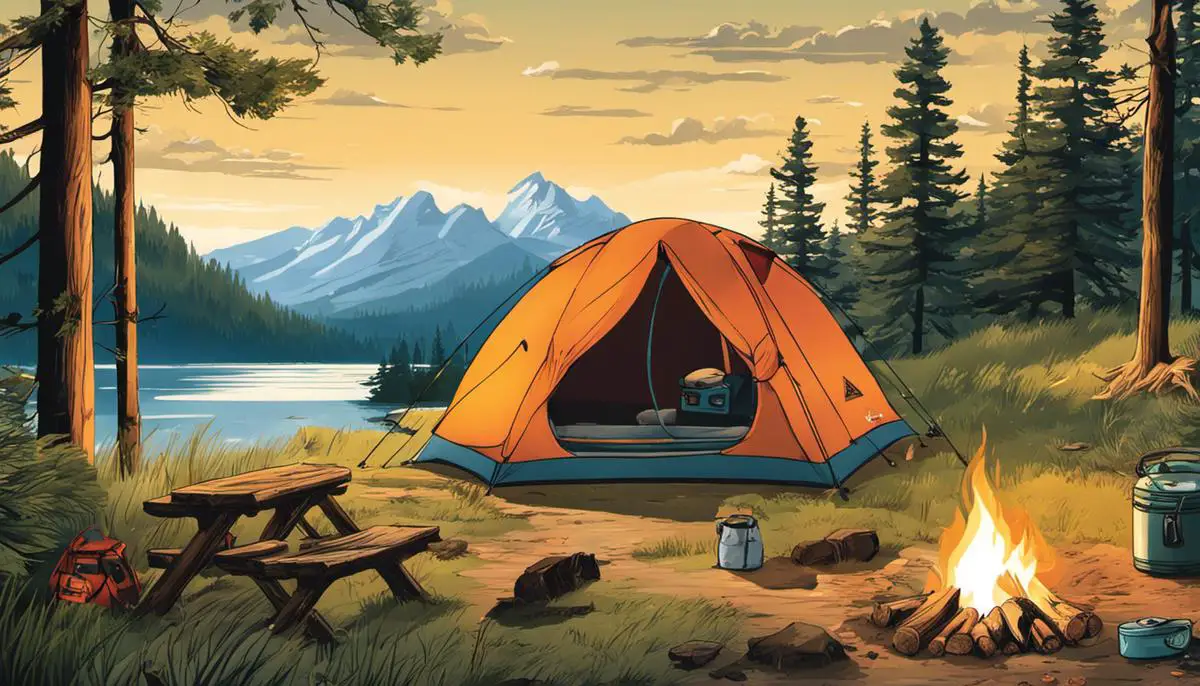
Maintaining Mental and Physical Well-being while Solo Camping
Ensuring Physical Wellness and Safety on The Trail During Solo Camping
Preparing your body for the physical demands of camping significantly contributes to a successful solo adventure. Regular physical exercise, centered on cardiovascular activities and strength training, should commence in the lead-up to your trip. This approach not only promotes overall fitness but also equips your body to manage camping-specific challenges such as erecting tents, igniting fires, and hiking.
Staying vigilant and educated about your chosen trail is equally significant. Being knowledgeable about the terrain and weather conditions allows for safe, informed decision-making. Equip yourself with navigational tools like a map, compass, or GPS to prevent any likelihood of getting disoriented. Must-have personal safety gear includes a flashlight, whistle, and first-aid supplies for all camping excursions.
Hydration and Balanced Diet Requirement for Solo Camping
Hydration is crucial while camping, especially if you’re participating in strenuous activities. Drinking plenty of water helps in muscle function, aids digestion, and keeps your skin healthy. Always carry ample quantities of clean, safe drinking water. Investing in a good quality water filter or purification tablets is a smart move, especially in remote areas where fresh water sources are questionable.
Maintaining a balanced diet while camping is equally important. Pack nutritious, non-perishable foods, such as nuts and dried fruits, canned items, and whole grains. These foods can provide you with the necessary energy and nutrients. Meal prepping beforehand also can save you time and ensure that you’re consuming a balanced diet.
Tackling Loneliness and Boredom during Solo camping
Solo camping can get lonely and monotonous sometimes. One effective strategy to manage solitude is by engaging in activities you enjoy. This could be reading a book, writing in your journal, painting, or taking photographs. These activities not only keep you engaged but also allow you to document your journey in unique ways.
Engaging in mindfulness practices, such as meditation or yoga, can help manage loneliness. They allow you to connect with nature on a deeper level and appreciate solitude rather than fearing it.
The Importance of Rest During Solo Camping
Sleep is as vital as physical activities and a diet plan during a camping trip. After a day of rigorous outdoor activities, your body needs time to recover and prepare for the tasks ahead. Aim for at least 7-8 hours of sleep each night. Consider investing in a comfortable sleeping bag or hammock to ensure good quality sleep.
Keeping up with your physical and mental health while solo camping can enhance your experience and make for a memorable and fulfilling journey. Regular exercises, a balanced diet, sufficient water intake, engaging activities, and enough rest are crucial points to consider.
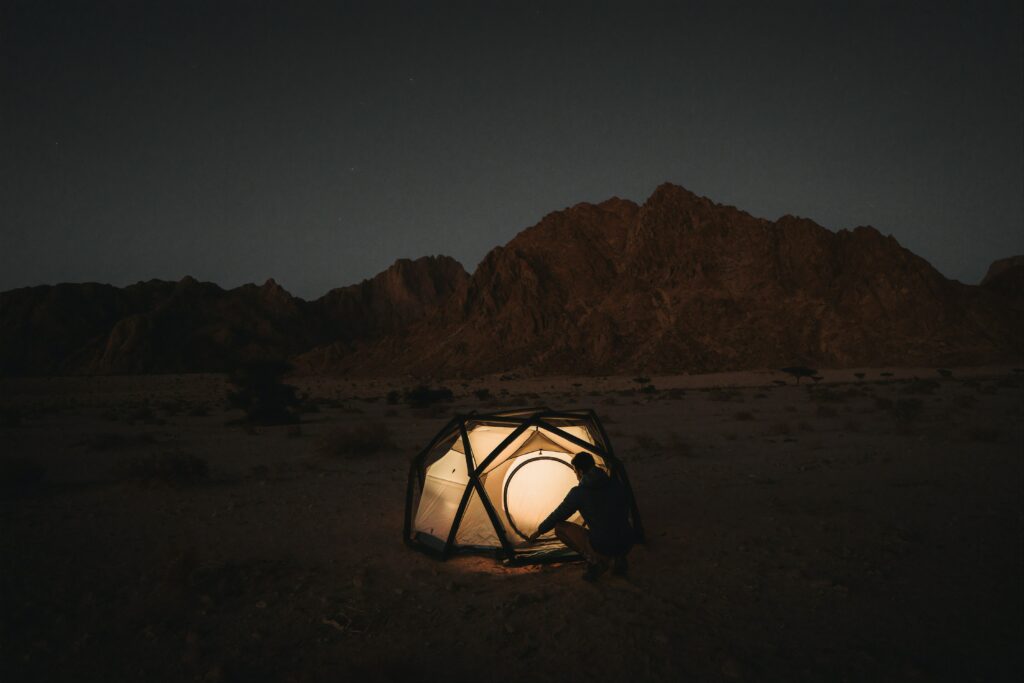
Ultimately, what makes solo camping, a feat in its own right, profoundly rewarding is not just the physical journey to extraordinary places, but the journey of self-discovery that it enables. The correct planning and preparation, acquisition of key skills, and deliberate focus on physical and mental well-being, not only ensures a safer trip but also enhances the overall experience. Embracing its challenges and being equipped with the knowledge to mitigate them, prepare you to let your guard down and immerse yourself wholly in the captivating beauty and serenity that the wild offers. Each trip becomes an unforgettable chapter of adventure and self-revelation worth being etched in the annals of your life’s experiences.
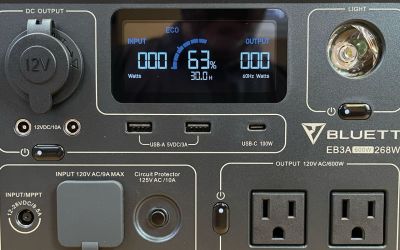


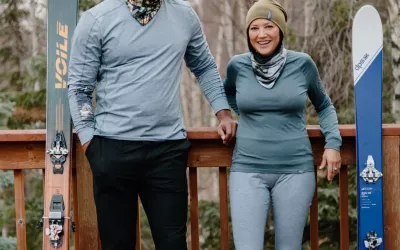
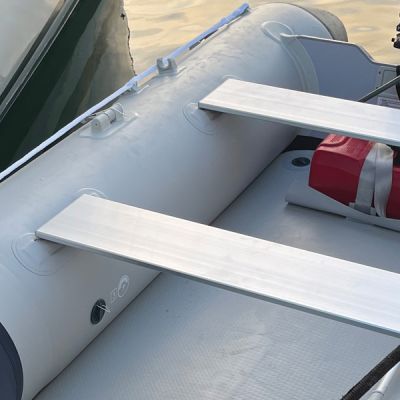

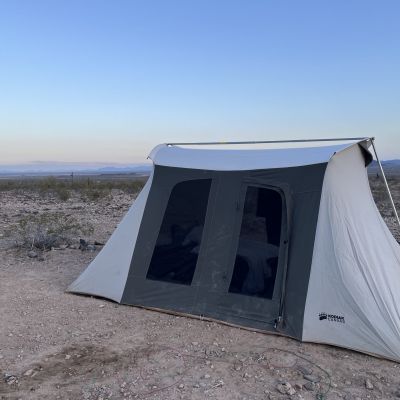

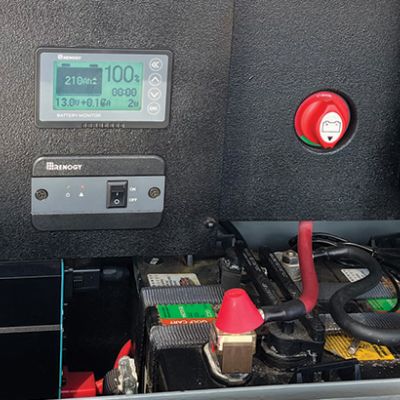

Leave a Reply